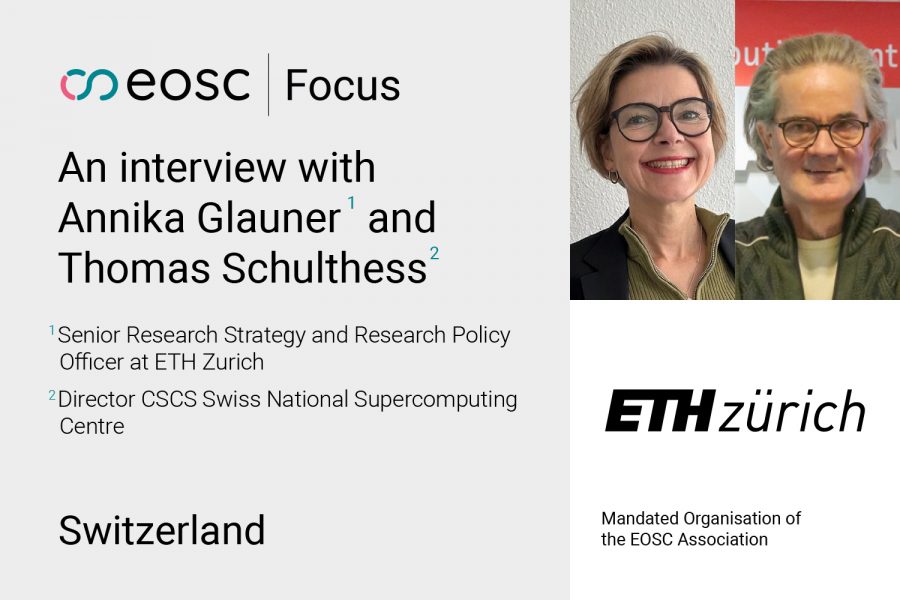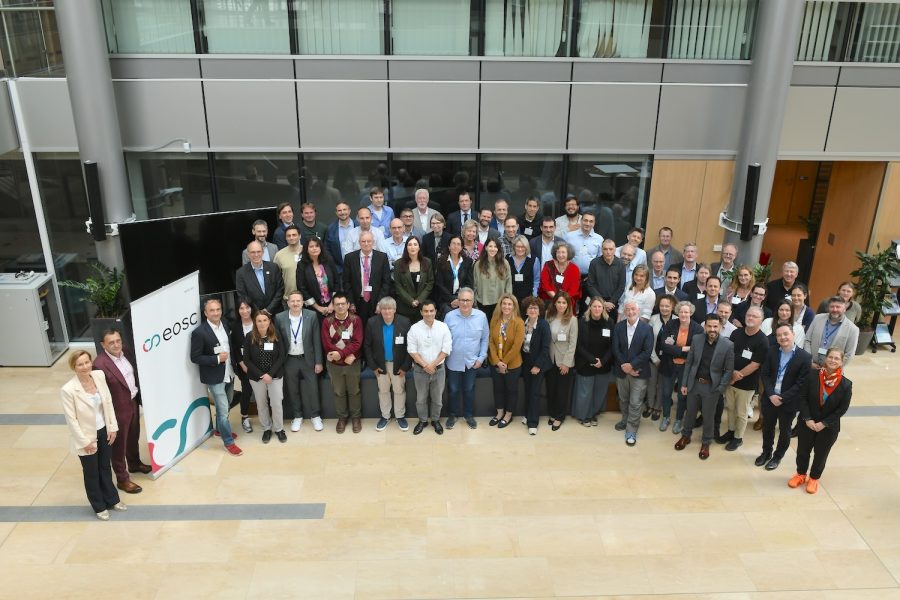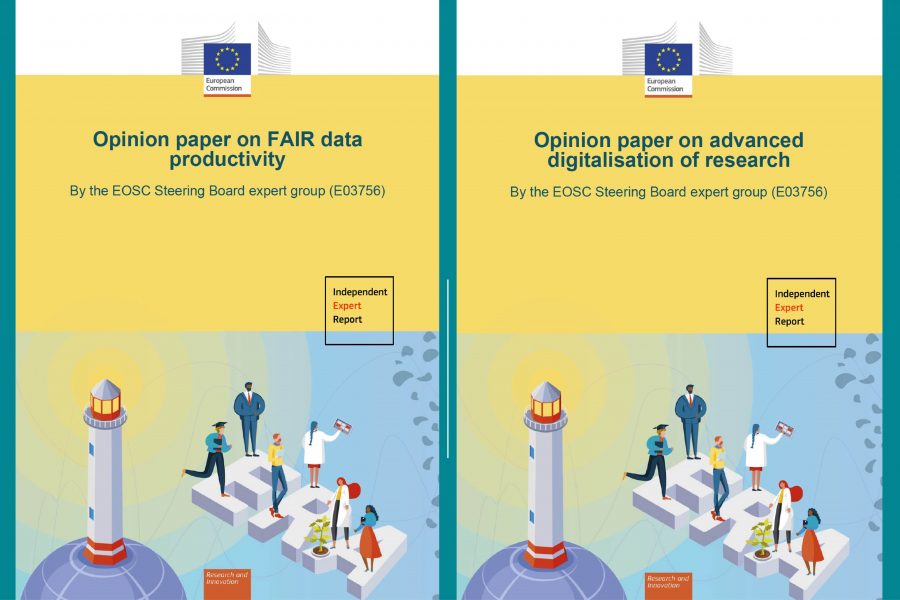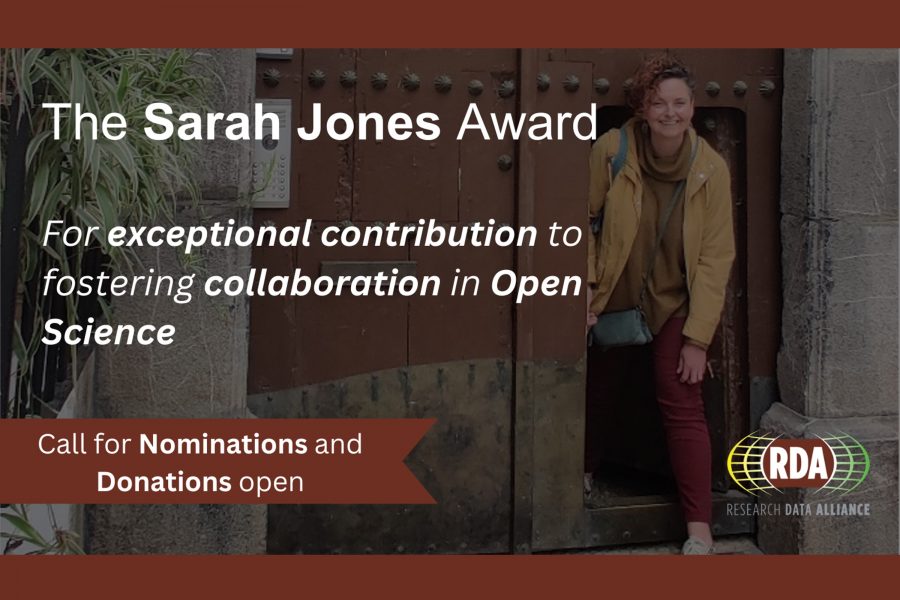ZAGREB – Croatia’s second National Tripartite Event (NTE) took place during the 2024 edition of the Days of e-Infrastructure (DEI) conference at the University of Zagreb on 19 April 2024. The NTE and DEI were both organised by the University of Zagreb University Computing Centre (SRCE), the EOSC-A Mandated Organisation for Croatia. The event gathered around 30 attendees on site plus others online.
After a short welcome by Slaven Mihaljević on behalf of SRCE, the National Tripartite Event was opened by Ivan Marić (SRCE), who summarised the current status of Open Science in the country from the point of view of the Croatian National Open Science Cloud Initiative, or HR-OOZ. Since the first NTE last year, HR-OOZ has established its organisational and governance structure, developed technical components to enable long-term sustainability of the initiative, put an on-boarding process in place, and created a service catalogue.
Hrvoe Meštrić from the Ministry of Science and Education followed with a description of the steps taken by Croatian lawmakers to develop policies to introduce and establish Open Science and FAIR principles in the Croatian education and research system. Among the achievements highlighted in his speech were Croatia’s accession to the OECD Committee for Scientific and Technological Policy, and the preparation of national guidelines for Open Science.
The introduction and implementation of new policies does not happen in vacuo, underlined Yannis Rodopulos, a member of the European Commission staff. As the executive body of the European Union, the European Commission has been instrumental in developing EU-wide policies to push for Open Science in Member States.

The last talk of the first session was delivered by Bob Jones, a member of the Board of Directors of the EOSC Association. Jones gave an update on the latest developments related to the EOSC Federation. The concept of a federation composed of nodes was introduced by the European Commission in 2023. The many question that followed Jones’ presentation reflect the growing interest of the Croatian community in the future of Open Science in the country and on the rest of the continent.
In the second part of the event, representatives of key institutions in Croatia described the progress made in various areas related to Open Science. This session offered an excellent overview of the many initiatives that aim to make FAIR data and Open Science a reality.
Dejana Carić from Croatia’s Science Foundation (HRZZ) talked about the improvements introduced in their recent funding programmes. Her talk was followed by a presentation by Jana Krišković Baždarić from the University of Rijeka who shared results of the Full Open Science pilot project implemented by the Young Universities for the Future of Europe (YUFE) network with the aim to promote FAIR principles and Open Science practices among research groups.
Dragica Šalamon from the University of Zagreb, Faculty of Agriculture described what their university has learnt from other academic institutions thanks to a twinning project and how they have improved the open research data skills of their staff. These local perspectives were completed by the talk of Miro Pušnik from the Central Technical Library (CTK) at the University of Ljubljana, who presented the successful story of Croatia’s neighbouring country Slovenia through the SPOZNAJ project. Co-funded by the Slovenian government and the EU, the project aims to support the implementation of Open Science principles in Slovenia. Pušnik gave an example of how the signing of ERA Priority Action 1 on Open Science and the implementation of EOSC instigated reforms of national laws and policies under which research performing organisations operate in the country. This transition has been facilitated by data experts who have been hired specifically for this task and are expected to stay at their institutions after the completion of project and contribute to knowledge building through training programmes.





